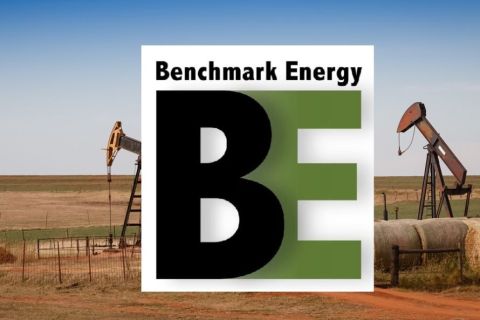Exxon Mobil Corp. (NYSE: XOM) and Renewable Energy Group (REG) said Jan. 23 that they have signed a joint research agreement with Clariant to evaluate the potential use of cellulosic sugars from sources such as agricultural waste and residues to produce biofuel, which has the potential to play a role in reducing greenhouse gas emissions.
The new partnership expands a previously announced agreement for joint research between Exxon Mobil and REG, in which the companies successfully validated the ability of REG Life Sciences bio-conversion technology to convert sugars from cellulosic biomass into biodiesel through a single-step process.
The new agreement with Clariant allows Exxon Mobil and REG to further optimize REG’s bio-conversion process using previously tested and benchmarked cellulosic sugars created through Clariant’s sunliquid process. The companies’ ultimate objective is to combine Clariant’s and REG’s processes into a seamless cellulosic biomass-to-biodiesel technology.
“Over the past three years, our work with REG has led to important advances in genetically improving REG’s proprietary microbes for a beneficial use in facilitating the conversion of cellulosic sugars into biodiesel,” Vijay Swarup, vice president of research and development at ExxonMobil Research and Engineering Co., said.
Clariant is a leading company offering integrated technologies and solutions for converting agricultural residues such as wheat straw, rice straw, corn stover and sugar cane bagasse. Clariant’s sunliquid process features chemical-free pretreatment, the integrated production of feedstock and process-specific enzymes and thus high yields of fermentable C5 and C6 sugars. Clariant will conduct trials at its pre-commercial plant in Straubing, Germany using different types of cellulosic feedstock that will be converted into sugars for conversion by REG and ExxonMobil into high-quality, low-carbon biodiesel.
REG Life Sciences technology has proven its broad applicability to industries as diverse as flavor and fragrance, specialty chemicals and transportation fuels. Through its partnership with Exxon Mobil, REG has developed proprietary technology that utilizes industrial microbes to convert complex cellulosic sugars into low-carbon biodiesel in a one-step fermentation process.
The partners will also work on a conceptual engineering study to validate the feasibility of the integrated process comprising the technologies of all parties.
Recommended Reading
Benchmark Closes Anadarko Deal, Hunts for More M&A
2024-04-17 - Benchmark Energy II closed a $145 million acquisition of western Anadarko Basin assets—and the company is hunting for more low-decline, mature assets to acquire.
‘Monster’ Gas: Aethon’s 16,000-foot Dive in Haynesville West
2024-04-09 - Aethon Energy’s COO described challenges in the far western Haynesville stepout, while other operators opened their books on the latest in the legacy Haynesville at Hart Energy’s DUG GAS+ Conference and Expo in Shreveport, Louisiana.
Mighty Midland Still Beckons Dealmakers
2024-04-05 - The Midland Basin is the center of U.S. oil drilling activity. But only those with the biggest balance sheets can afford to buy in the basin's core, following a historic consolidation trend.
Mesa III Reloads in Haynesville with Mineral, Royalty Acquisition
2024-04-03 - After Mesa II sold its Haynesville Shale portfolio to Franco-Nevada for $125 million late last year, Mesa Royalties III is jumping back into Louisiana and East Texas, as well as the Permian Basin.




